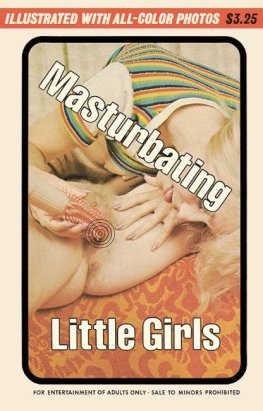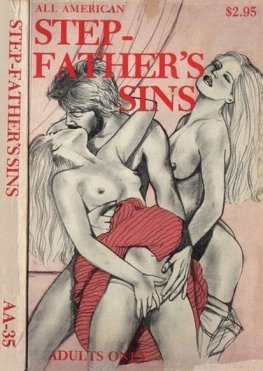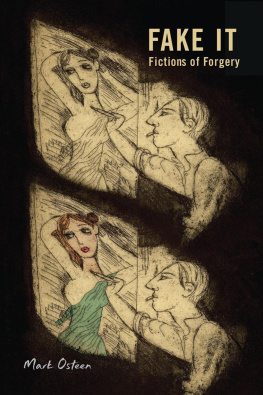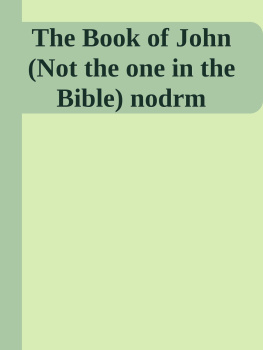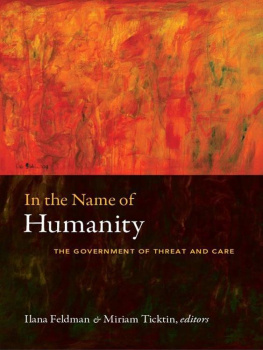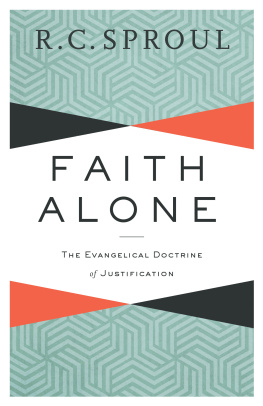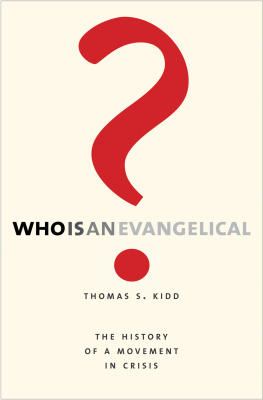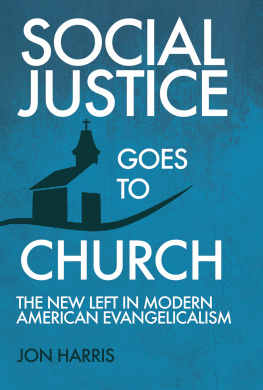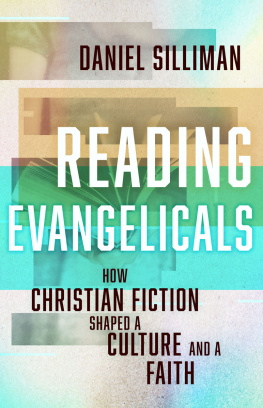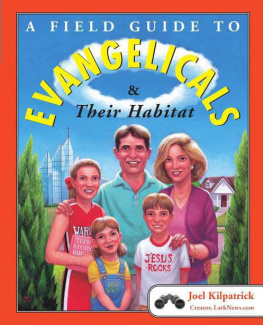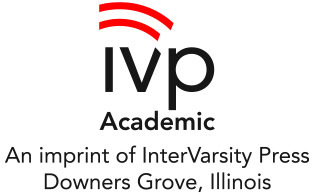INTRODUCTION
Mae Elise Cannon and Andrea Smith
L IBERATION THEOLOGY may be a distant notion for many evangelicals. Some might think that liberation theology, particularly in light of its roots in Latin American Catholicism and African American Protestantism, is antithetical to evangelical theology. Other evangelicals may simply not be familiar with the profound impact of liberation theological traditions on Latin American, African American, and other global subaltern Christian communities.
Liberation theology is a twentieth-century movement that almost simultaneously emerged in the writings and ministry life of Latin American Roman Catholics and African American Protestants. The emphasis of these theological traditions focuses on freedom (or liberation) from political, social, and economic injustices and oppression. Many traditional liberation theologies call on material deliverance from oppression and injustice as a precursor that anticipates the coming of the kingdom of God and ultimately salvation.
While the history of liberation theology is articulated more fully in the essays by Robert Chao Romero and Alexia Salvatierra, in this introduction, to briefly summarize, liberation theology emerges from two independent sources: Latin American movements against neocolonialism and the black power movement. In the 1960s, while many Latin American countries were living under military rule, generally backed by the US government, many theologians despaired over what seemed to be the silence of churches in light of this oppression and suffering. Gustavo Gutierrez published his germinal A Theology of Liberation , which provides the framework for articulating the relationship between God and justice. Many works from other liberation theologians soon followed, which argued that God was on the side of the poor and the oppressed. And thus, to follow God required that one be actively engaged in movements for social justice. Latin American liberation theologians were very engaged in Marxist thought, albeit critically, in keeping with the Marxist underpinnings of the movements against colonialism happening at the time.
Because of its engagement with Marxist thought, white evangelicals tended to reject liberation theology altogether as communist and hence nonbiblical, without sufficiently addressing US complicity, particularly US-evangelical complicity, in supporting repressive governments that were using death squads to brutally repress their citizens. In the twenty-first century, evangelicals have been more critical of their role in this repression. Christianity Today published Jeanette Hardages review of the video Precarious Peace: God and Guatemala , which documents the CIAS overthrow of a democratically elected government and the suppression and massacres of Indigenous peoples. She notes how evangelicals either supported these massacres or refused to take a stand against them. Pat Robertson justified this genocide with the following:
These tribes are... in an arrested state of social development. They are not less valuable as human beings because of that, but they offer scant wisdom or learning or philosophical vision that can be instructive to a society that can feed the entire population of the earth in a single harvest and send spacecraft to the moon.... Except for our crimes, our wars and our frantic pace of life, what we have is superior to the ways of primitive peoples.... Which life do you think people would prefer: freedom in an enlightened Christian civilization or the suffering of subsistence living and superstition in a jungle? You choose.
In addition, white evangelicals often portrayed liberation theology as antithetical to evangelicalism and organized against it. In fact, as described by Robert Chao Romeros essay in this volume, many liberation theologians in Latin America were and are evangelical.
Contemporaneously, but independently, black liberation theology also emerged in the wake of the black power movement in the United States. This movement was sparked by the key texts of James Cone, Black Theology and Black Power (1969) and A Black Theology of Liberation (1970), which argued that, within the context of racial justice struggle, God was on the side of black peoples. Black liberation theology focused more on race than economic justice and hence did not significantly engage Marxist thought, at least at the beginning. And this work did in fact have a significant impact among black evangelicals, particularly with the founding of the National Black Evangelical Association. However, as Soong-Chan Rah notes in this volume, white evangelicals failed to substantively engage the contributions of black theology. And indeed, white evangelicals for the most part (with some exceptions) did not support the black civil rights movement. For instance, when Jerry Falwell described the events that led to the development of the Christian right, his stated reasons were the Brown v. Board decision (1954), the decision banning school prayer (1962), and Roe v. Wade (1973).
While black liberation and Latin American liberation theology initially developed independently, these thinkers began to collaborate through the development of the Ecumenical Association of Third World Theologians (EATWOT) in 1976. In turn, liberation theologies began to emerge out of Asia and Africa, as well as out of feminist and other racialized peoples in the United States. These theologies, while in dialogue with each other, were also very diverse and often in tension with each other. Some theologies focused more on racism, others on capitalism, and others on religious imperialism. There was considerable debate as to whether gender oppressions should be addressed by many liberation theologians, and in fact EATWOT did not allow womens membership until 1981. There was also debate about whether theology was an academic enterprise: some highlighted what was termed Christian base communities as the source for theological praxis (or reflection and action). Thus, in developing this volume, we concluded that, given the diversity of thought within liberation movements, it did not make sense to proffer a singular evangelical liberation theology. But rather, we offer a space for discussion and debate on what evangelical theologies of liberation and justice might be.
Evangelical Theologies of Liberation and Justice contests the assumption that the pursuit of emancipation from injustice and oppression is antithetical to the core tenets of evangelicalism. Rather, this book wrestles with the question of how evangelical traditions and perspectives intersect and have the potential to be deeply informed by liberation theological traditions. First, as we have noted, evangelicals, while often erased in the genealogies of liberation theologies, have always been part of their development. But second, rather than understanding evangelical faith as necessarily at odds with liberation theology, we hold that evangelical tenets of faith are actually helpful in the development of justice-rooted liberation praxis.
This book brings together Christian authors and speakers from diverse perspectives who present their understanding of evangelical perspectives of liberation. All of the contributors either self-identify as evangelical or have close ties with the evangelical community. With biblical mandates to end oppression (such as Is 58:6-9), one would assume biblically centered evangelicals would have well-developed theologies of liberation. And yet, evangelicals have generally dismissed liberation theology completely, despite the diversities of liberation theologies that currently exist.


